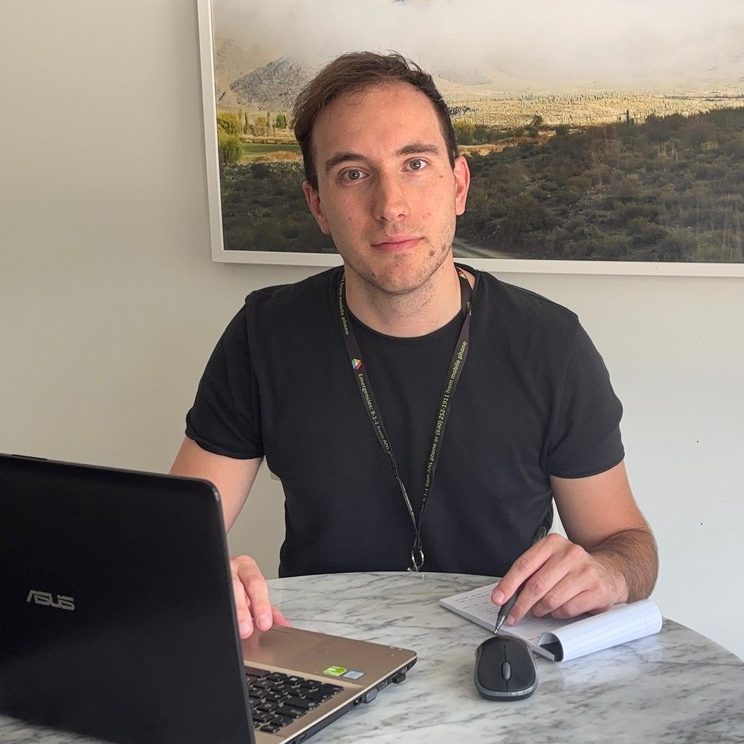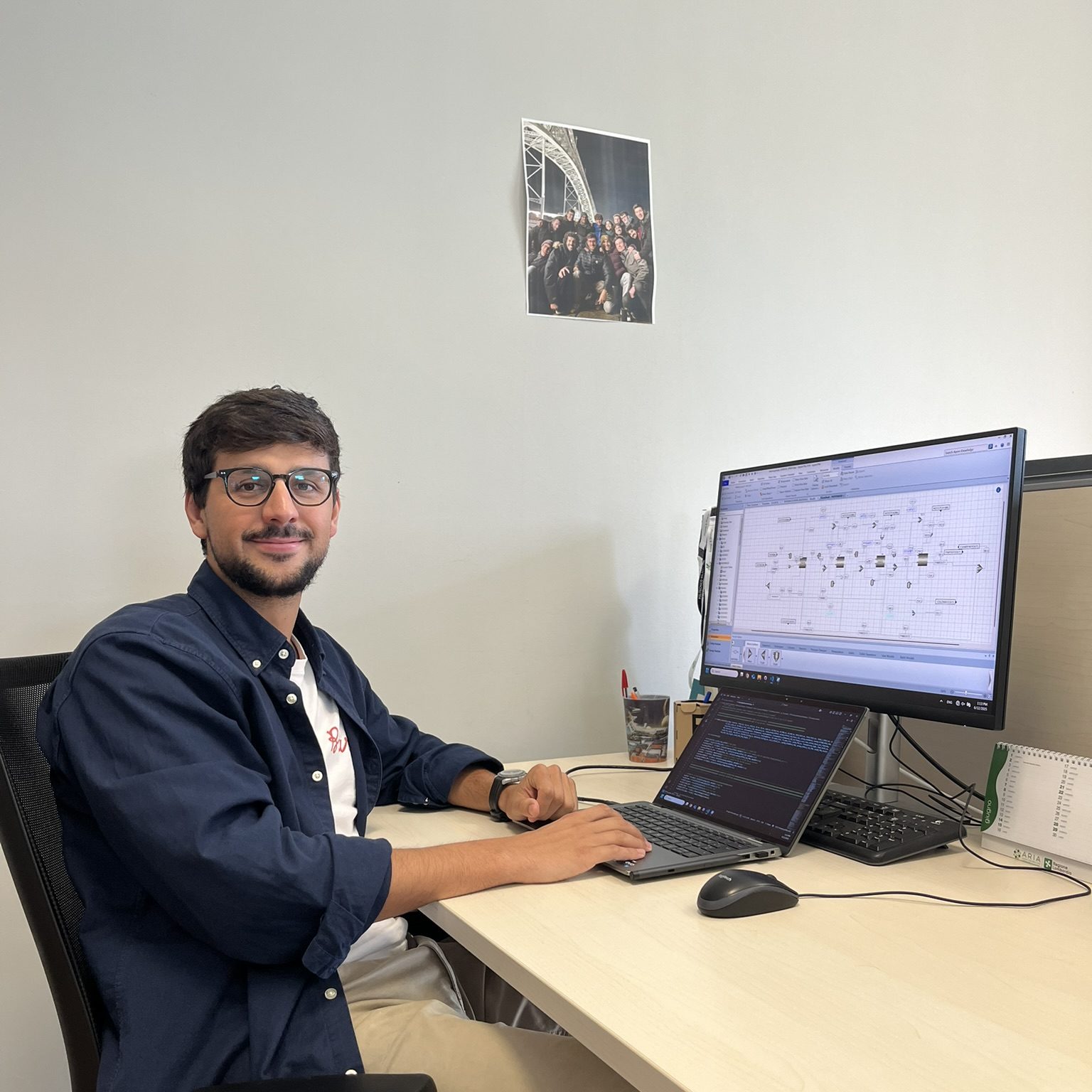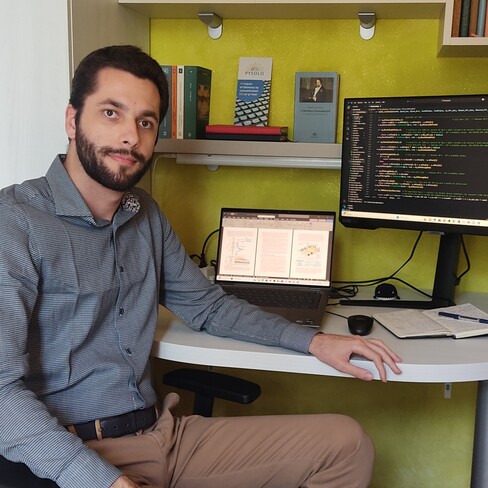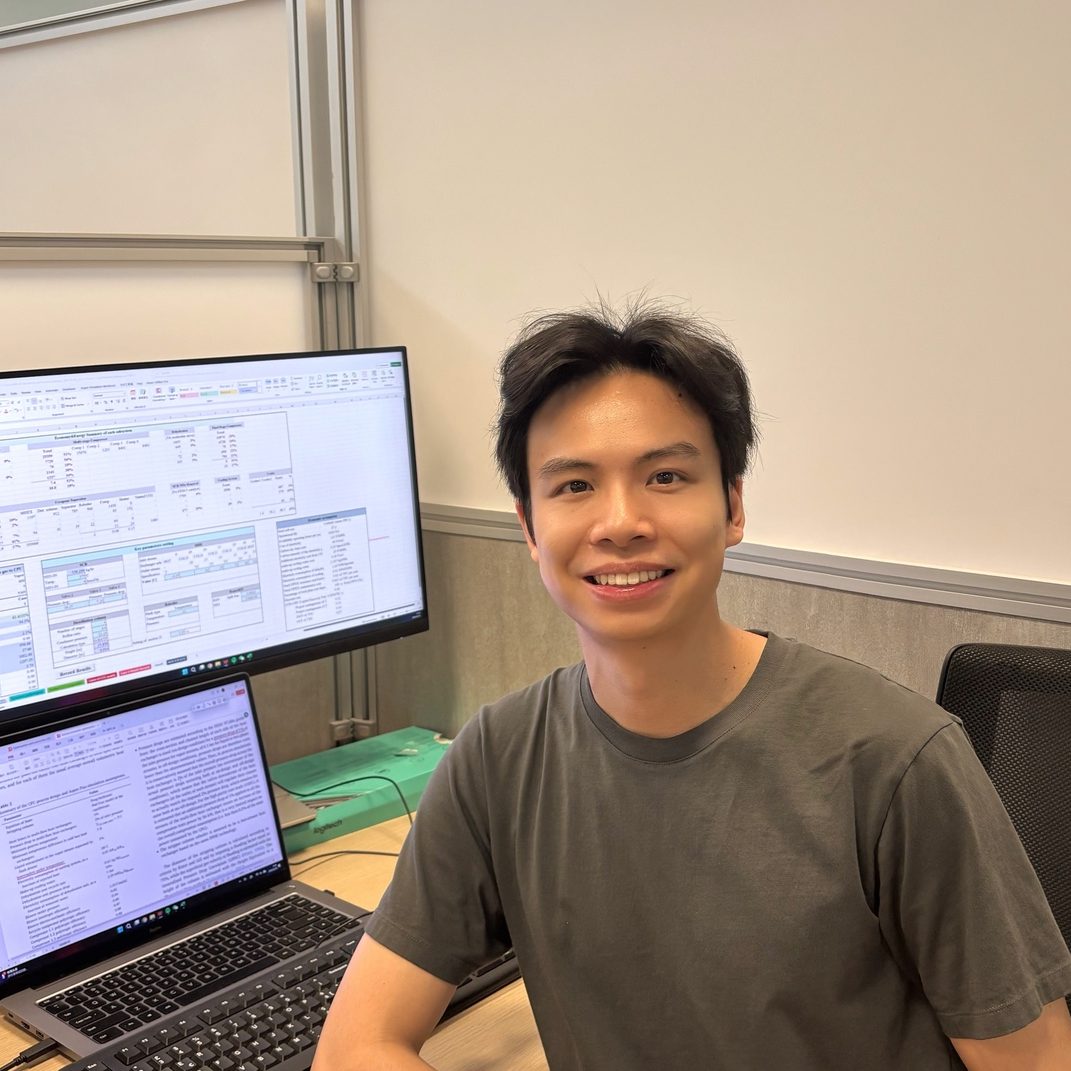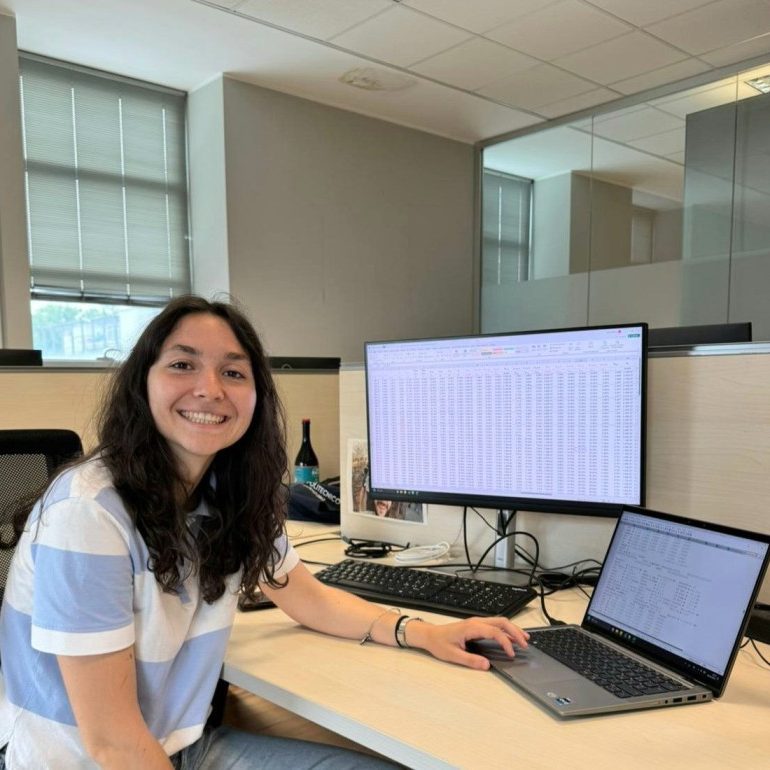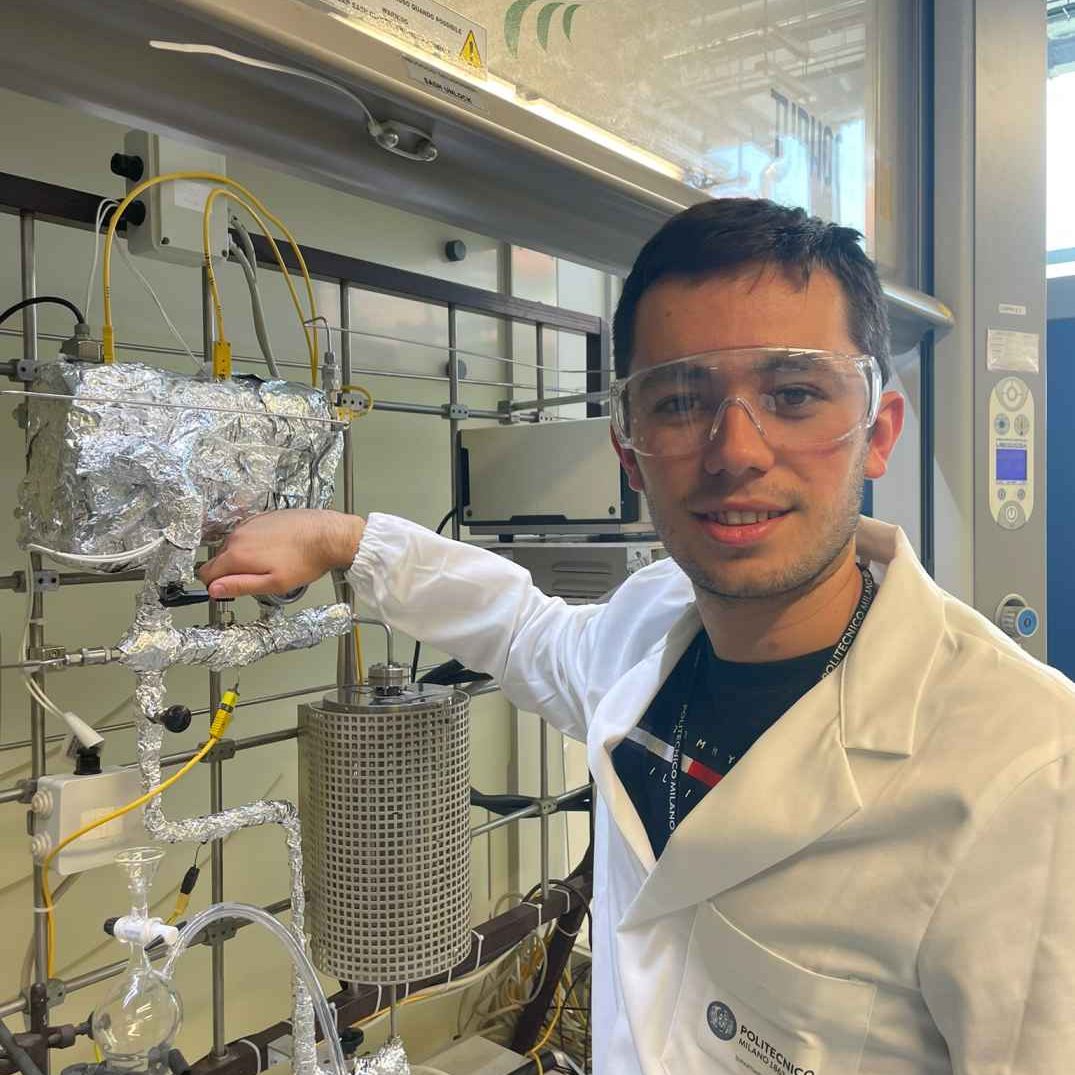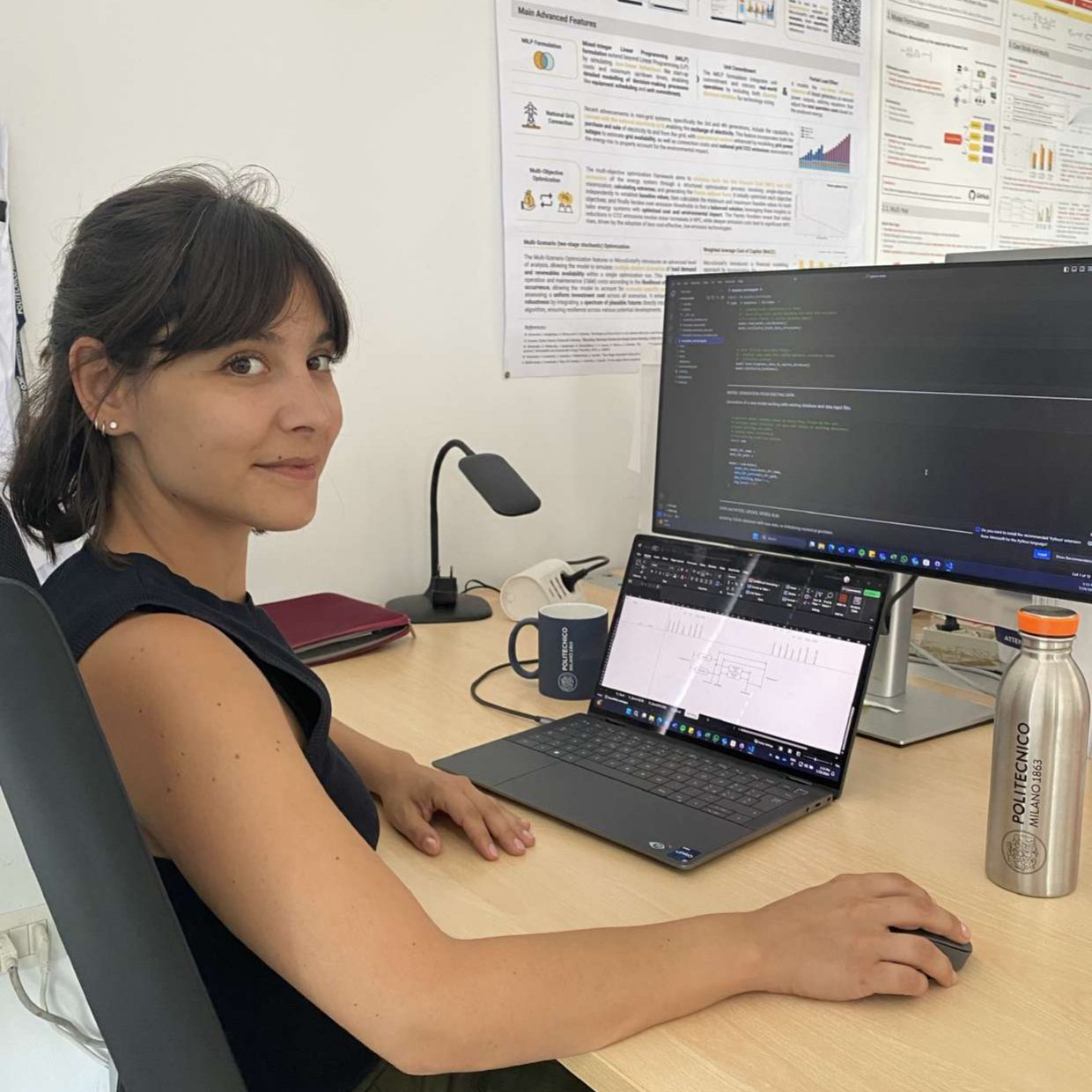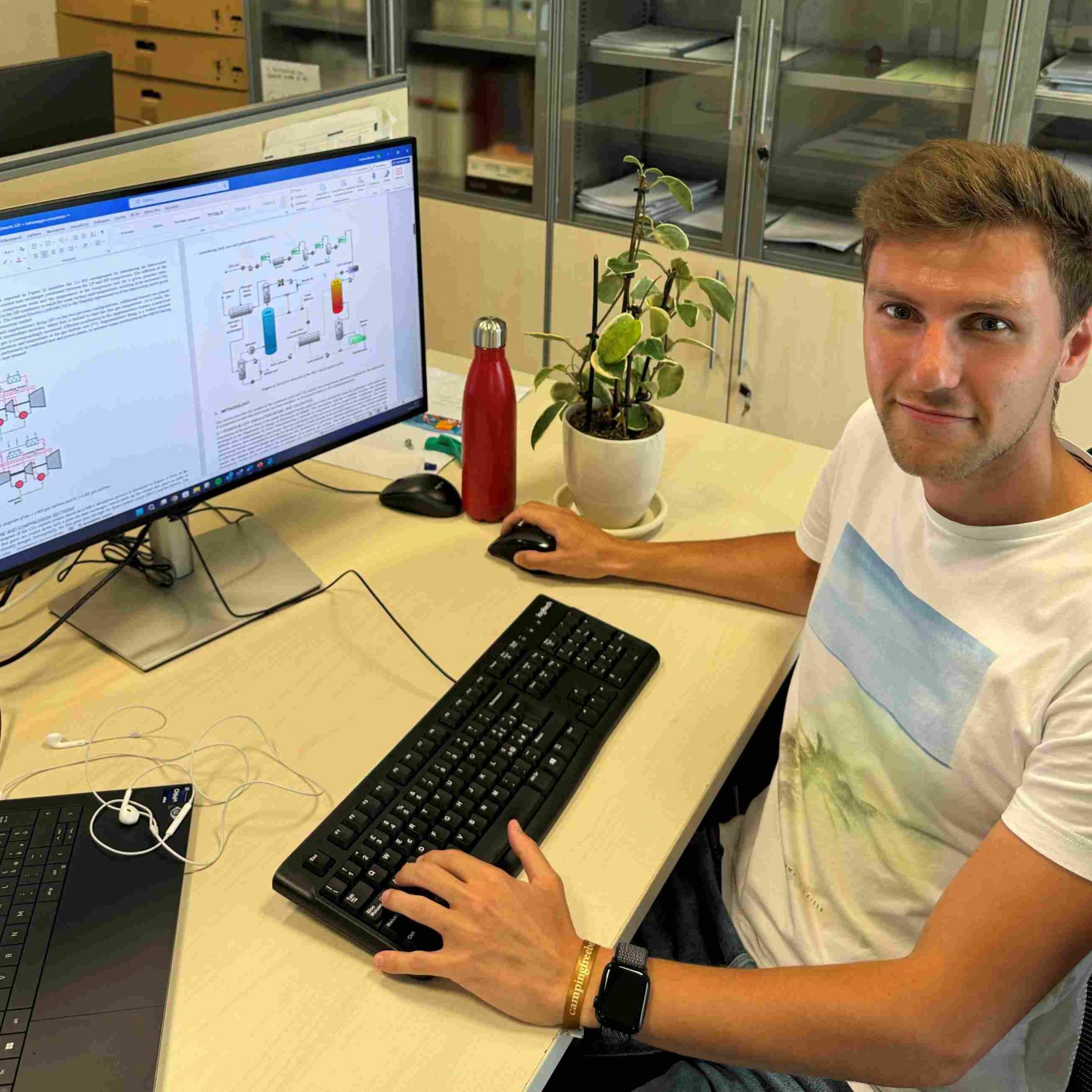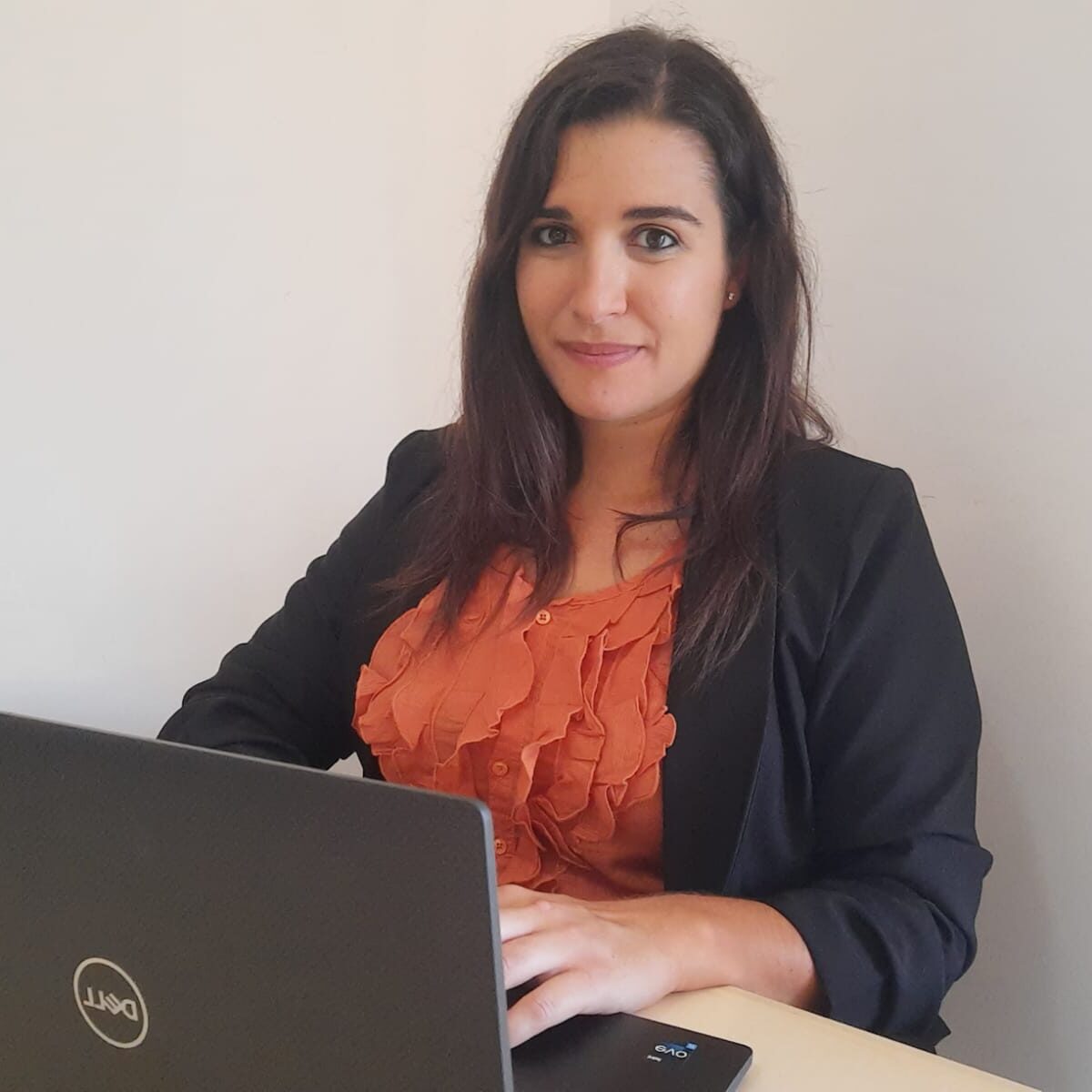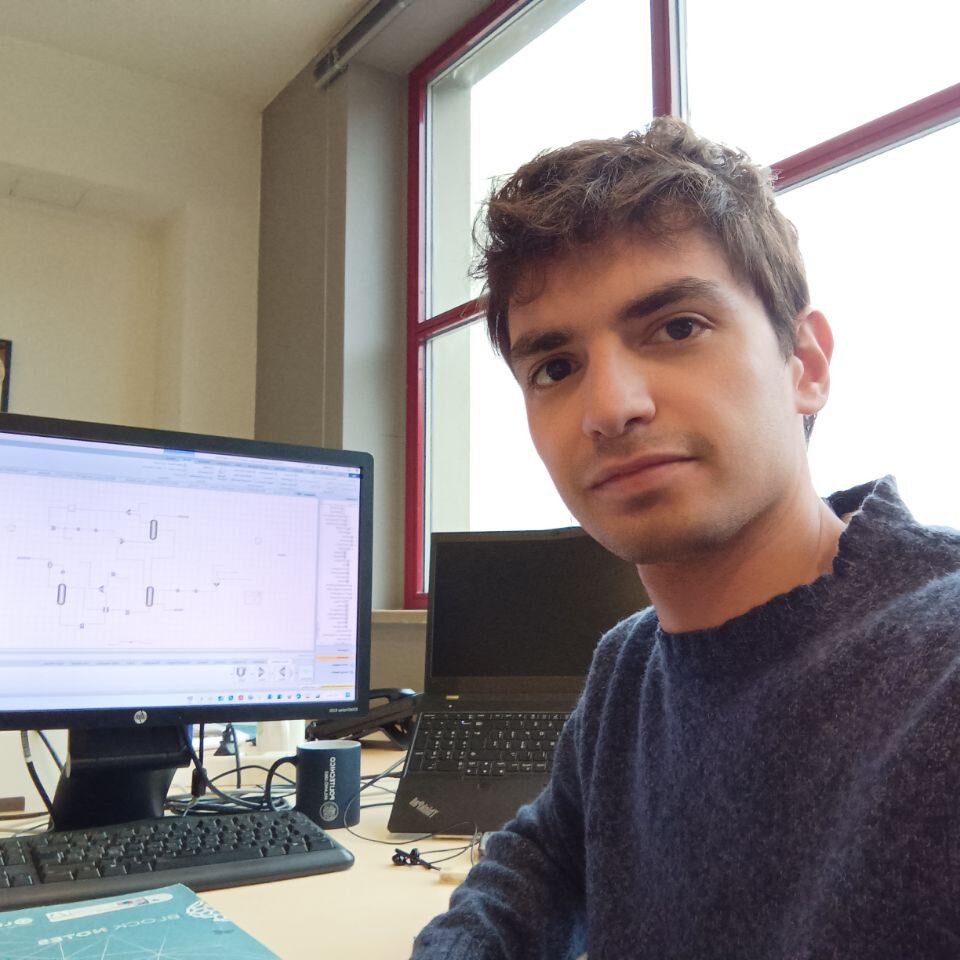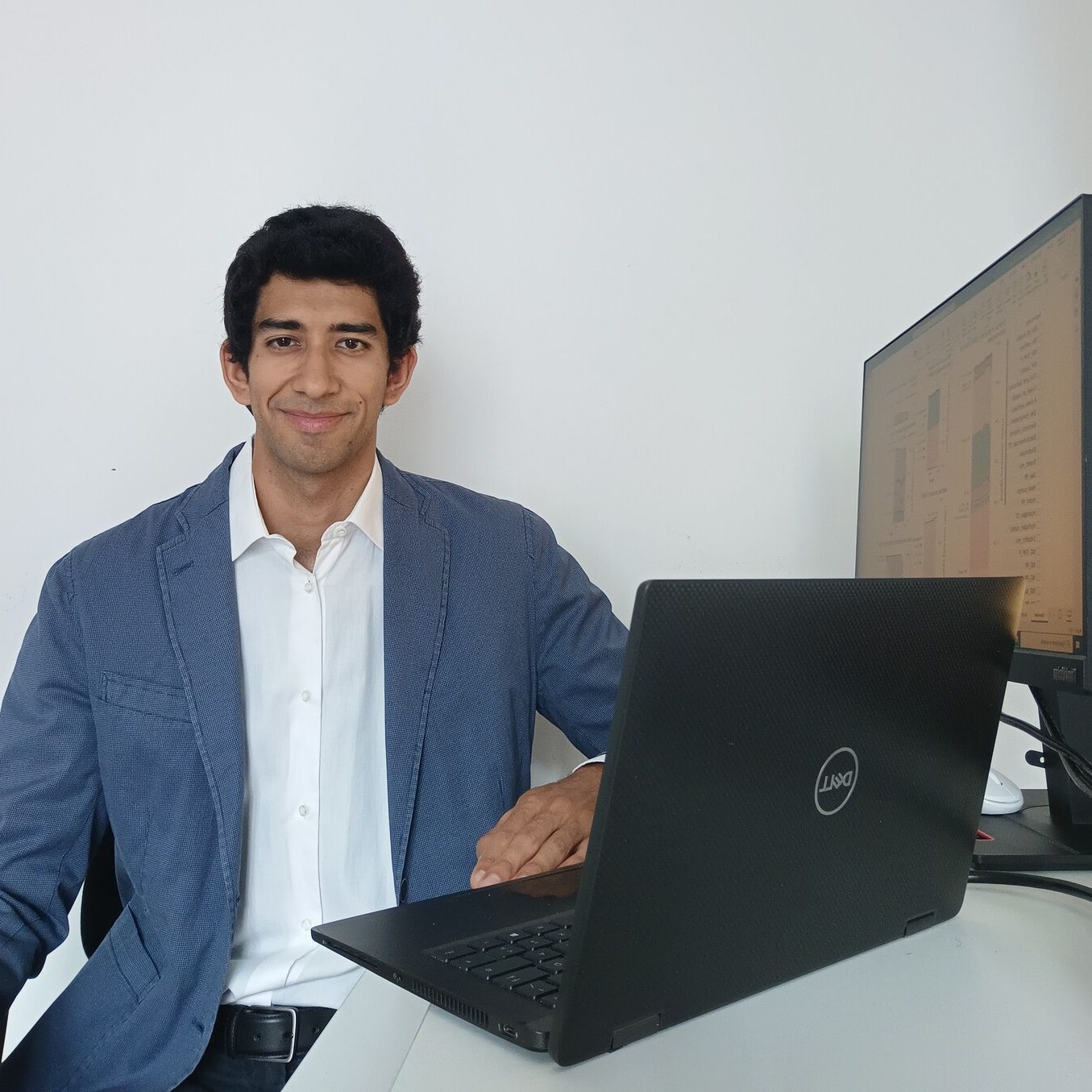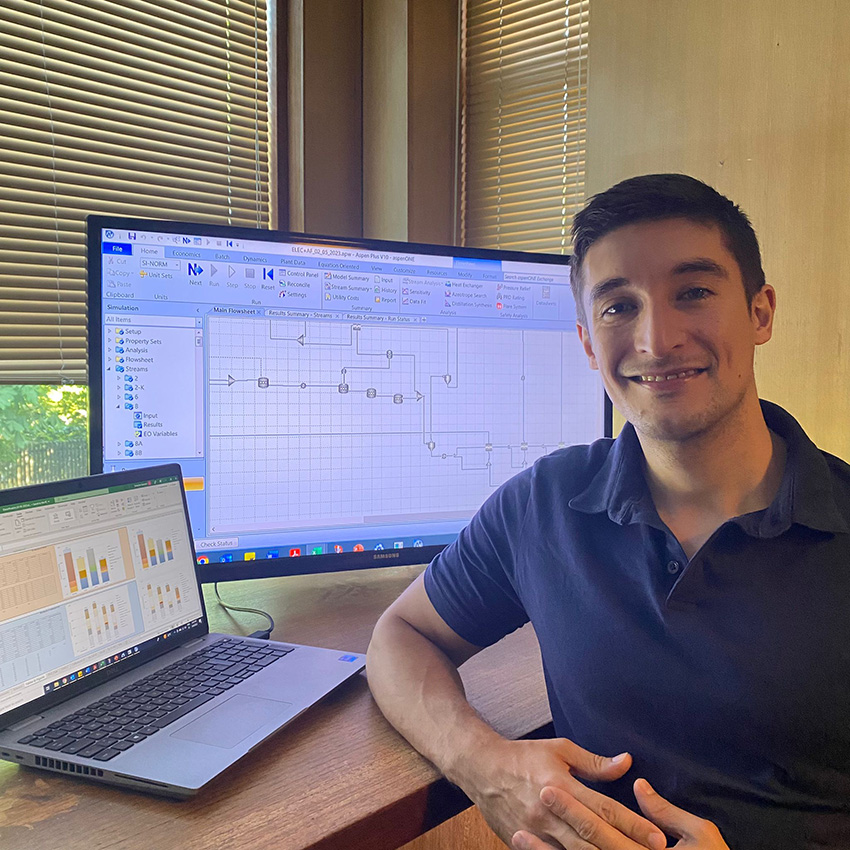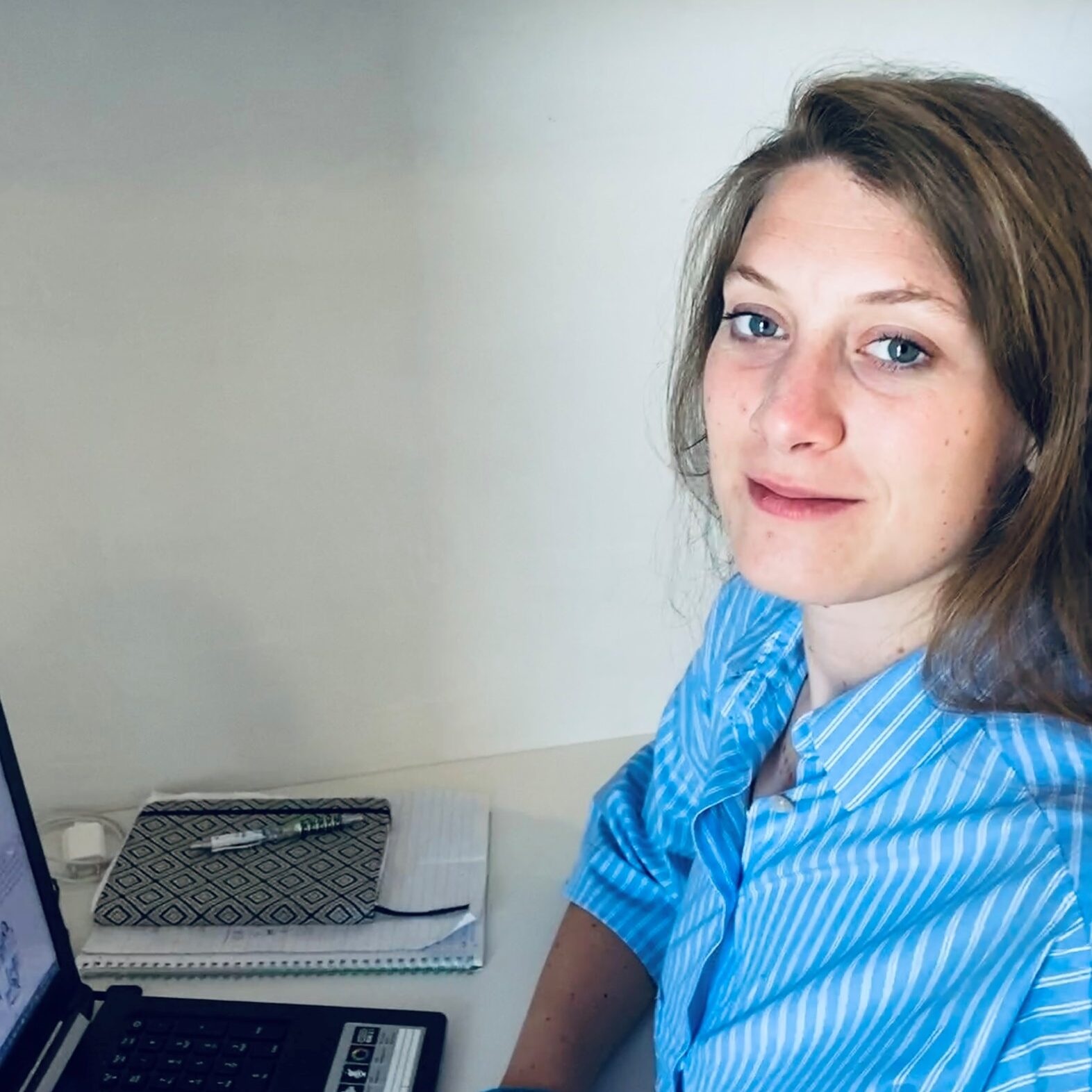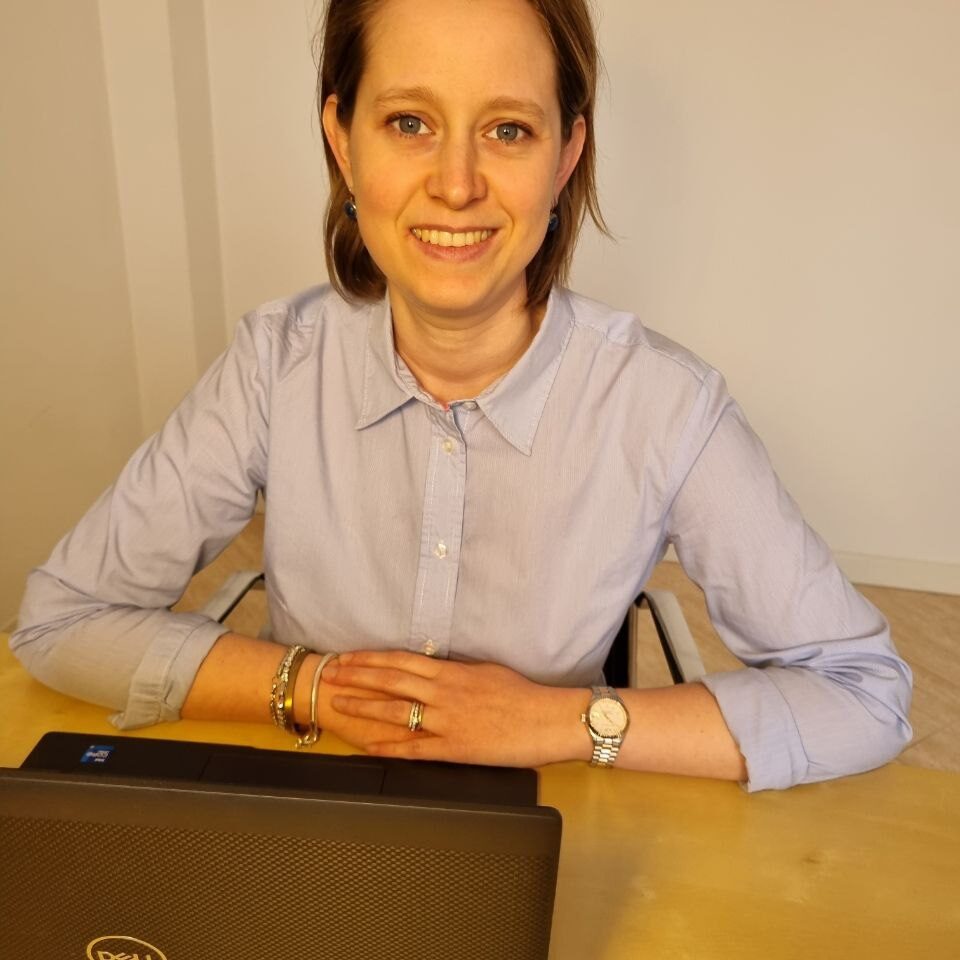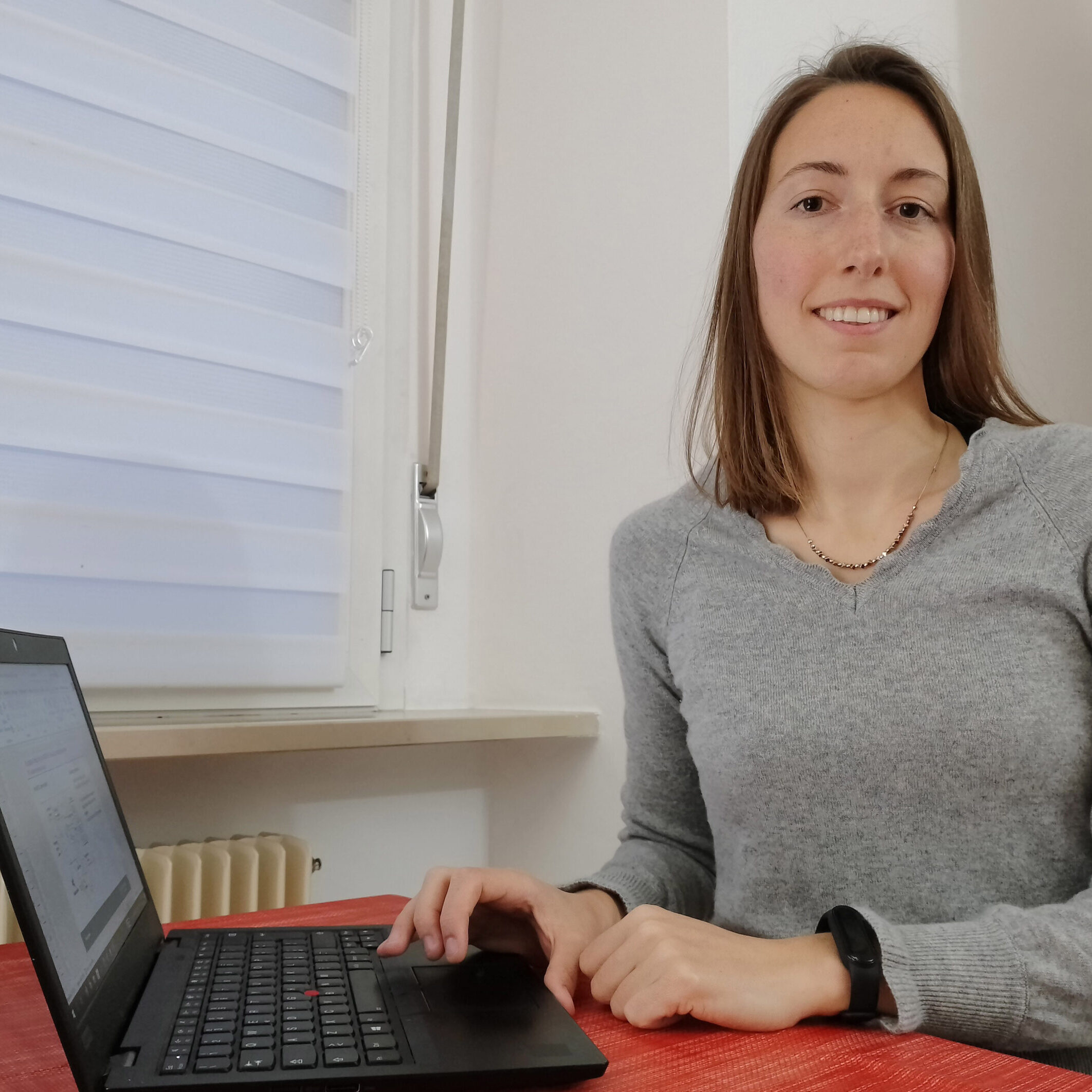Jose Julian Fierro Martinez
PhD thesis title: Development of CO2 Capture Process with Thermochemical Energy Storage
Academic Tutor: Matteo Carmelo Romano
Academic Supervisor: Marco Astolfi
Affiliate external company or research group: CSIC INCAR, USTUTT, CARMEUSE, HUNOSA
PhD cycle: 38° (see all student profiles of the same cycle > LINK)
BSc: BEng. Chemical Engineering, Universidad de Antioquia
MSc: MEng. Design, and Management of Industrial Processes, Universidad Pontificia Bolivariana
Thesis abstract
Carbonator Modeling: I am developing a next-generation one-dimensional model for the entrained flow reactor using Ca(OH)2. This model is being validated and calibrated with experimental results. The predictions inform process design and simulation, establishing quantitative relationships between reactor performance parameters and operating conditions. Outputs from the carbonation reactor models are integrated into broader process simulation tools for the next steps.
Full Process Simulation: I fully solve and integrate the overall process scheme from a mass and energy perspective. The goal is to identify cost-efficient configurations with minimal complexity during carbonation and the lowest specific capex. Optimum thermal integration during calcination and hydration for sorbent regeneration is a priority. I analyze various heat-exchanger steps to efficiently use the heat from the carbonator’s flue gas and solids. The characteristics of the hydrator reactor are integrated into the process model, which includes the calciner block and the power plant associated with this reactor. I explore the possibility of thermally integrating waste heat streams into the coal-fired power plant.
Techno-Economic Analysis: I compare the cost of electricity produced by this process against the cost of power-to-fuel-to-power schemes under similar conditions. Gas turbines and power-to-gas-to-power processes are used as benchmarks. The main results of this process modelling activity are the overall heat and energy balances used for the economic assessment of the process.
BackCap – BackCap develops a new process to capture CO2 from amortized coal-based power plants, retrofitted for back-up power provision in highly renewable electricity networks, while supplying CO2 for storage or use. To address the escalation of CO2 capture cost in such low capacity factor system, BackCap uses in-duct Ca(OH)2 injection for CO2 capture during the brief power production periods. The resulting CaCO3 will be stored and used as a steady source of CO2 and CaO by oxy-fuel calcination. The project will investigate gas-solid reaction rates under relevant conditions, test reactor designs (TRL4) and develop process models techno-economic studies.
https://ec.europa.eu/info/funding-tenders/opportunities/portal/screen/opportunities/projects-details/31061225/101034000/RFCS


